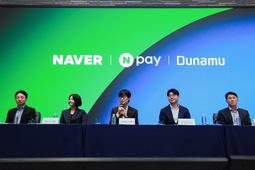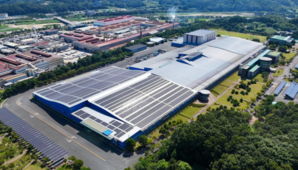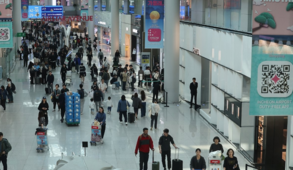
[News Space=Reporter Jeongyoung Kim] South Korean police have launched a forcible investigation into Hanwha Solutions, led by Executive Vice Chairman and CEO Dong-Kwan Kim, over allegations that its subsidiary, Hanwha NxMD, expropriated proprietary thermal management technology from a local venture.
According to industry officials and sources familiar with the matter, law enforcement executed search and seizure operations at Hanwha Solutions, Hanwha NxMD, and related partners, with plans to summon senior executives for questioning.
The complaint was filed by CGI, a Chungnam-based start-up specializing in heat-dissipation technologies. The firm contends that after a four-month due diligence process for a potential merger, Hanwha abandoned the acquisition but subsequently established NxMD within six months and achieved mass production in just 18 months—a process CGI argues normally requires investments exceeding 10 billion won ($75 million) and years of R&D.
Hanwha Solutions has flatly rejected the accusation, maintaining that all due diligence materials were destroyed and that its products are based on internal research combined with published academic findings. Still, suspicions have intensified given that several NxMD executives previously handled related projects in collaboration with CGI and Samsung Electronics.
The controversy has escalated beyond intellectual property. Media outlets reported that Hanwha pressured at least one publication to delete critical coverage, with its communications team allegedly conditioning ad spending—worth an estimated 20 million won annually—on the removal of references to “Hanwha” and “Kim Dong-Kwan.” Press scholars condemned the effort as a blatant attempt at muzzling independent reporting.
The case underscores long-standing frictions between Korean conglomerates and smaller suppliers. Courts have previously ruled against Hanwha Solutions in unrelated solar technology disputes, siding with smaller firms that accused the company of misappropriating innovations. In response to mounting criticism, South Korea’s Ministry of SMEs and Startups is advancing reforms akin to U.S.-style discovery rules, enabling court-appointed experts to evaluate claims of trade-secret theft, while legislators push for stronger statutory remedies.
Police, for now, are reticent. “The claims from both sides are in direct conflict, and the case remains under investigation,” an officer familiar with the probe told NewsSpace. “Once the evidence review is complete, we intend to question Hanwha executives.”
Hanwha Solutions pledged full cooperation. Yet, with scrutiny widening and potential reputational damage looming, the affair has quickly become a test of corporate accountability, business ethics, and press freedom in one of Asia’s most advanced economies.
























































